Mental health encompasses the many aspects of emotional and behavioral health that educators encounter in schools.
Promoting Mental Health and Well-Being in Schools: An Action Guide for School and District Leaders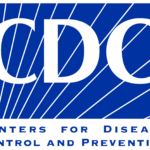
Schools are prioritizing students’ mental health, and there are many tools and resources to choose from. CDC created this action guide as a place to start. It can help school and district leaders build on what they are already doing to promote students’ mental health and find new strategies to ...
Continue reading →Guiding Principles and Best Practices in School Discipline to Support Students’ Social, Emotional, Behavioral, and Academic Needs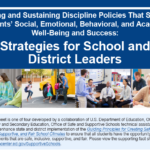
In March of 2023, the U.S. Department of Education released Guiding Principles for Creating Safe, Inclusive, Supportive, and Fair School Climates for students and school staff, featuring specific recommendations for evidence-based practices that allow students to learn, grow, and be successful.
Continue reading →Which Kindergarteners are at Risk of Being Bullied and/or Becoming Bullies, and What Can Educators and Parents Do About It?
Bullying occurs when children experience unwanted and aggressive behavior from more powerful peers repeatedly over time.
Continue reading →Supporting Youth in a Social Media Boom
The popularity of social media is widespread and continues to rise, especially among youth. According to a recent general advisory report released by the Office of the U.S. Surgeon General, up to 95% of youth aged 13-17 regularly use at least one social media platform.
Continue reading →Social Media and Youth Mental Health: The U.S. Surgeon General’s Advisory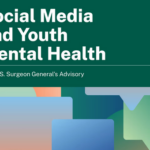
The Office of the U.S. Surgeon General released a general advisory report in May 2023 on public health concerns related to youth’s use of social media. This report on Social Media and Youth Mental Health includes research on the positive and negative impacts of social media use on youth health ...
Continue reading →Using Multi-tiered Systems of Support to Address Students’ Mental Health: An Evidence-Based Approach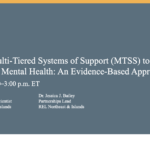
This REL Northeast & Islands webinar provides an overview of MTSS, a three-tiered framework of classroom-based and schoolwide interventions that many districts and schools use to meet the academic and/or social-emotional needs of students.
Continue reading →The Trauma and Learning Policy Initiative’s New Blog Series Highlights Key Take-Aways from Trauma-Sensitive School Leaders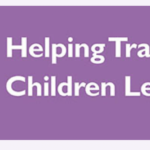
In the coming weeks, TLPI will share a series of blog posts highlighting key take-aways that we have heard from discussions with trauma-sensitive school leaders as they reflect on how utilizing the trauma lens guides them in their response to the ongoing challenges.
Continue reading →Supporting Transgender Staff and Students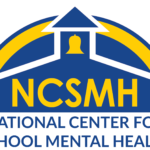
The National Center for School Mental Health (NCSMH) at the University of Maryland School of Medicine (UMSOM) compiled the following list of websites and free resources to help support transgender youth and adults.
Continue reading →NCSMH Newsletter
This is not “one more newsletter.” The National Center for School Mental Health listserv newsletters include timely information on upcoming conferences, events, and webinars, grants and research opportunities, news reports and resources, policy updates, and issues in the popular media related to school mental health. The newsletter comes out every other ...
Continue reading →Classroom Well-being Information and Strategies for Educators (WISE)
The Mental Health Technology Transfer Center (MHTTC) Network, in partnership with the National Center for School Mental Health at the University of Maryland School of Medicine, has developed a FREE self-guided online course, video library + resource collection, and a website focused on educator mental health literacy. The 3-part training ...
Continue reading →









